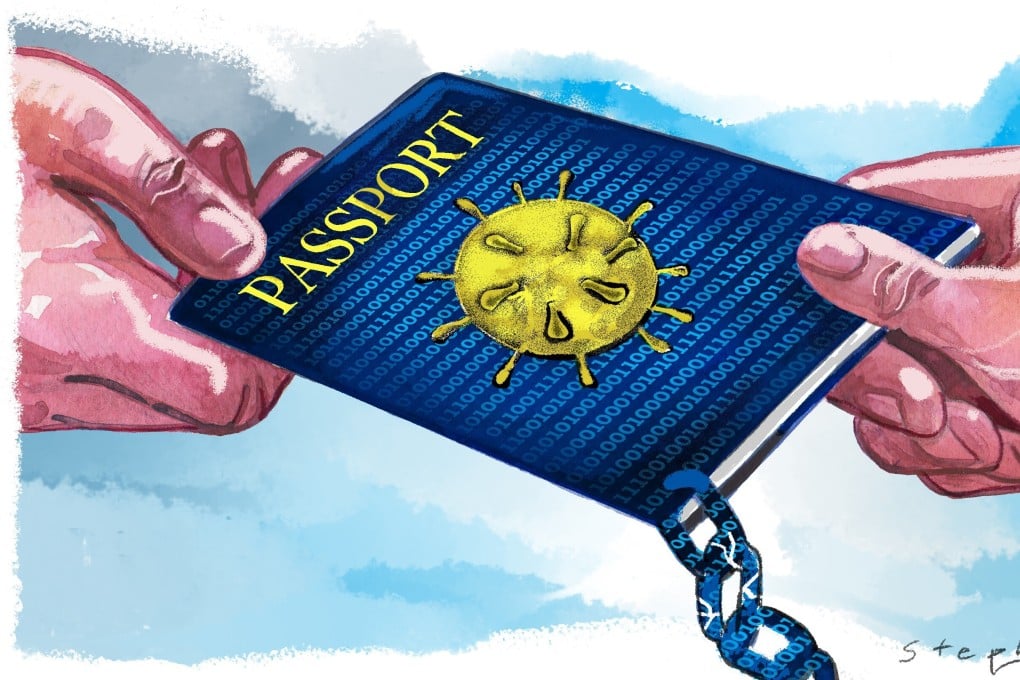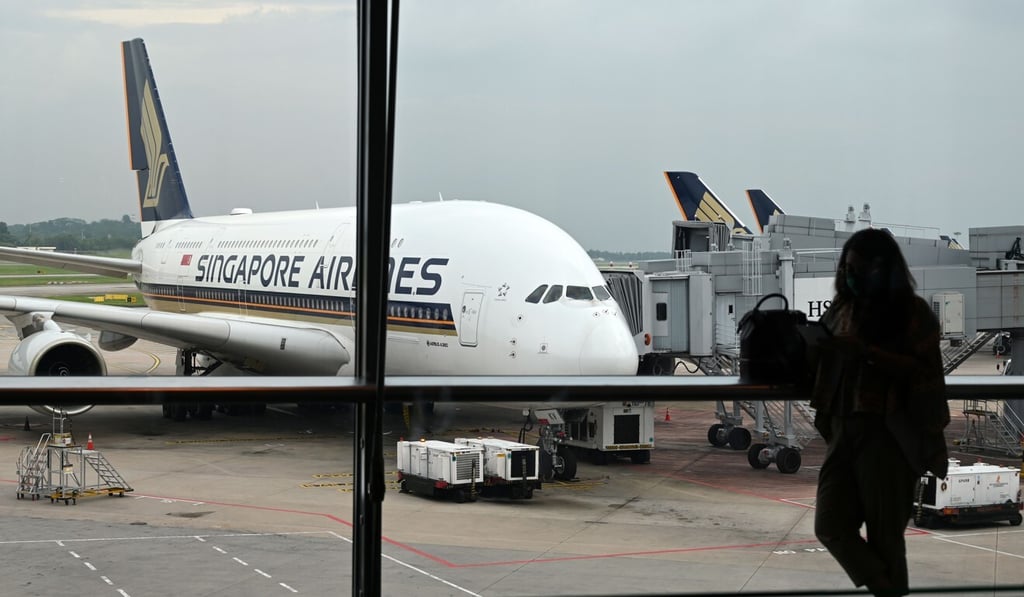Advertisement
Opinion | Covid-19 passports trump travel bubbles, but digital security and test efficacy concerns must be addressed
- The postponement of the Hong Kong-Singapore travel bubble showed why such deals are risky and prone to failure. Standardised testing metrics and QR codes are a more stable option, but ensuring data privacy and the reliability of testing remains challenging
Reading Time:4 minutes
Why you can trust SCMP

Nietzsche was right – what does not kill us makes us stronger. Having survived oil embargoes, severe acute respiratory syndrome and market crashes – none of which inspired global solidarity – it took a clever and insidious bug to finally get airlines and governing bodies out of their bunkers to sing from the same song sheet.
Advertisement
Come together they have, though, to sensibly script standardised travel and health protocols to replace the current approach, best described as a headless chicken.
Top of the agenda is a possible Covid-19 passport that would bear unique electronic passenger data on inoculations and travel. Taking a bold stand that is likely to be emulated, Qantas wants all international passengers to have proof of a Covid-19 vaccination when this becomes broadly available by spring or summer of 2021.
The demand for inoculation is neither new nor outlandish. Yellow fever, cholera, hepatitis and typhoid shots have long been part of the necessary regimen for travellers to certain areas in Asia and Africa.
Whether this is a tragic portent for anti-vaxxers and neo-Luddites remains to be seen. What appears more certain is that relatively safe corridors can at last be set up with immunity passports, unlike the brave but blighted bilateral travel bubbles.
Advertisement


Advertisement
